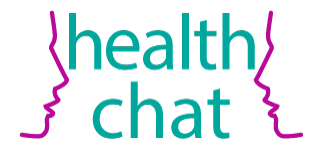Project SHINE Protocol
A research team led by Dr. Yelena Wu from the University of Utah and the Huntsman Cancer Institute, and including Dr. David Buller from Klein Buendel, has published a detailed protocol for the project entitled, “Sun-safe Habits Intervention and Education” in Contemporary Clinical Trials. Project SHINE examines the efficacy of a personalized intervention targeting sun protection and tanning of high school students.
Adolescents infrequently use sun protection and engage in intentional tanning more frequently compared to other age groups, leading to increased ultraviolet radiation (UVR) exposure that heightens skin cancer risk across the lifespan. High schools are therefore an ideal setting for offering skin cancer prevention interventions. Yet, there are limited UVR protection interventions for high school students, especially those that are personalized, tested using randomized designs, and include long-term outcome assessment to determine the durability of intervention effects.
The SHINE cluster-randomized trial will test a novel, personalized intervention that targets high school adolescents’ sun protection and tanning behaviors, and tracks their outcomes for up to one year following intervention. Enrolled high schools will be randomized to receive either the personalized SHINE intervention, which includes facial UVR photographs and sun protection action planning, or standard education using publicly available materials. Students in both conditions will receive information about skin cancer, sun protection, and skin self-examination. Outcome variables will include students’ sun protection and tanning behaviors and sunburn occurrence. Potential moderators (such as race/ethnicity) and mediators (such as self-efficacy) will also be assessed and tested.
The investigators believe Project SHINE will lead to new scientific understanding of the theoretical mechanisms underlying outcomes and moderators of the intervention effects, which will inform future intervention tailoring to meet the needs of vulnerable subgroups.
This research is sponsored by the National Cancer Institute (Dr. Yelena Wu from the University of Utah and the Huntsman Cancer Institute, Principal Investigator). Dr. David Buller, Director of Research at Klein Buendel, is a Co-Investigator.










